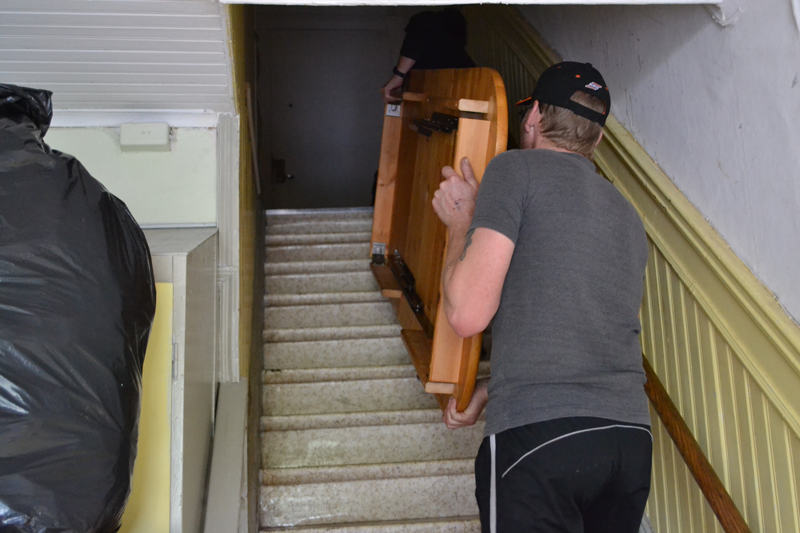In the U.S., 1 in 3 women and 1 in 4 men are victims of relationship abuse. If you're in an abusive relationship and are considering leaving, you need to take some time to think through how to protect yourself from additional harm. And while getting out of an abusive relationship isn't easy, you deserve to live free of fear.
Regardless of what your current situation looks like, safety planning is an essential part of the process.
What is a safety plan?
Safety planning requires thoroughly thinking through potential scenarios and determining what the best course of action is. Overall, a good safety plan will hold all the important information you might need.
Here are a few things to consider when safety planning:
Reach out and let someone know you’re ending your relationship. Isolation is a tactic that many abusers use to have control over you. If your relationships with family members or friends have suffered because of this, it's essential that you still reach out. You may be surprised to learn how many of them want to help. This is one of the most important things you can do if you need somewhere to stay. Additionally, you can ask them to check in on you, if you can contact them if you need a ride or need help getting the police. Memorize their phone numbers if you can.
If you don’t have anyone to tell, call a hotline. Tell them the same thing you would as if it were someone you know, they'll encourage and provide support along the way. Having resources available to you is a big part of safety planning. A few options include:
Keep your important documents safe. This includes your passport, driver’s license, birth certificate, insurance cards, bank account numbers, and other legal documents. It may be a good idea to keep them out of the house if you live with your abuser. If you feel that it’s unsafe to collect these items, make a few copies or take pictures of them.
Change your contact information. Depending on whether you need to remain in contact with this person, you may want to consider changing your phone number or blocking them on your phone. Also, it may be a good idea to change any passwords on your computer, phone, etc., if your partner has access to them.
Prepare an emergency fund.
Financial abuse often plays a role in an abusive relationship, so set aside some money if you can. This can also include having your bank account or credit card if possible. If it's not safe to keep the money in your home, ask a trusted family member to keep it for you.
Get support. If possible, involve an expert to support you throughout the process. Remember that you’re not alone. There are people available to assist and guide you through this.
You can find additional help and support from:
Support groups: Being in an abusive relationship and making the decision to leave one can feel isolating and lonely. Support groups for victims of abuse can offer a therapeutic space for healing and an opportunity to connect with others who can relate and understand what you’re going through.
Therapy: Therapy can help if you’re currently in an abusive relationship, plan on leaving one, and help you start the healing process once you leave.

